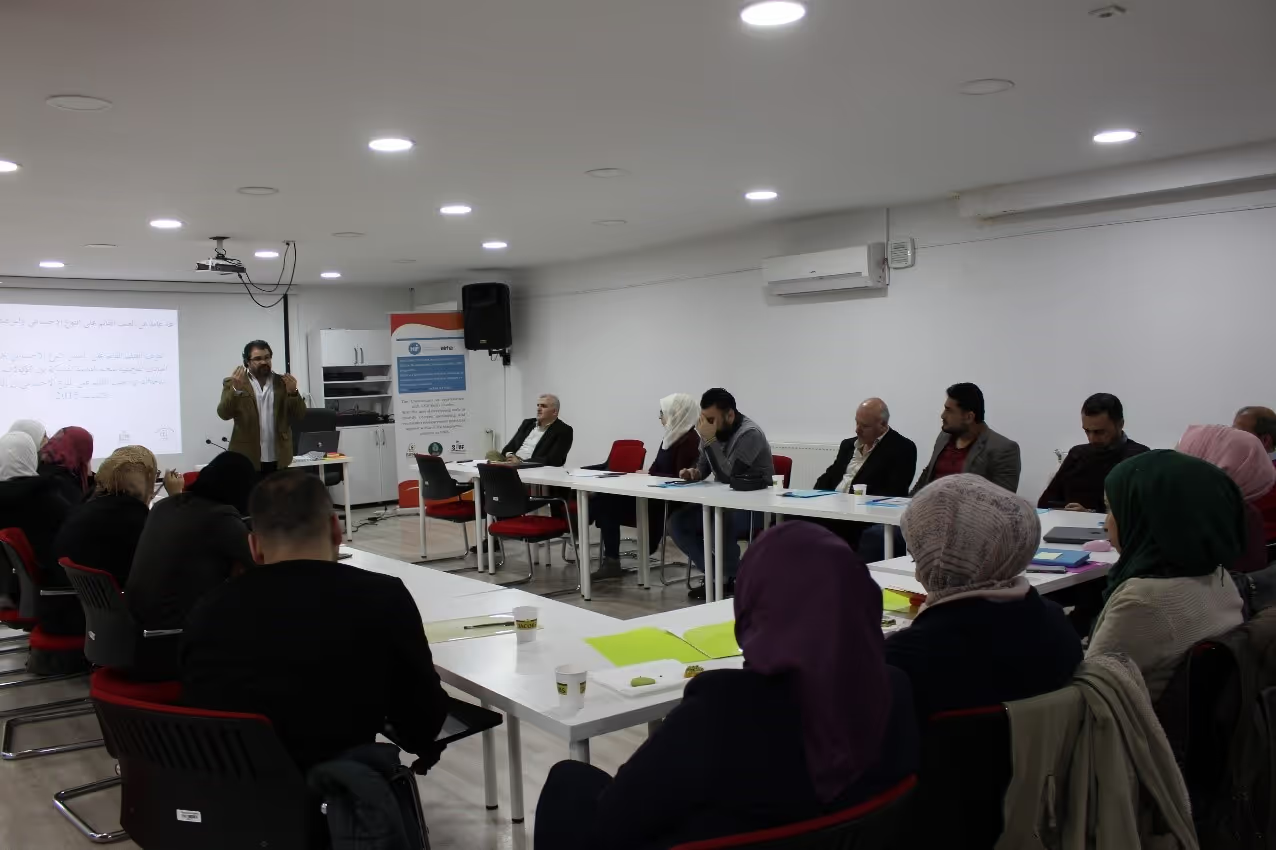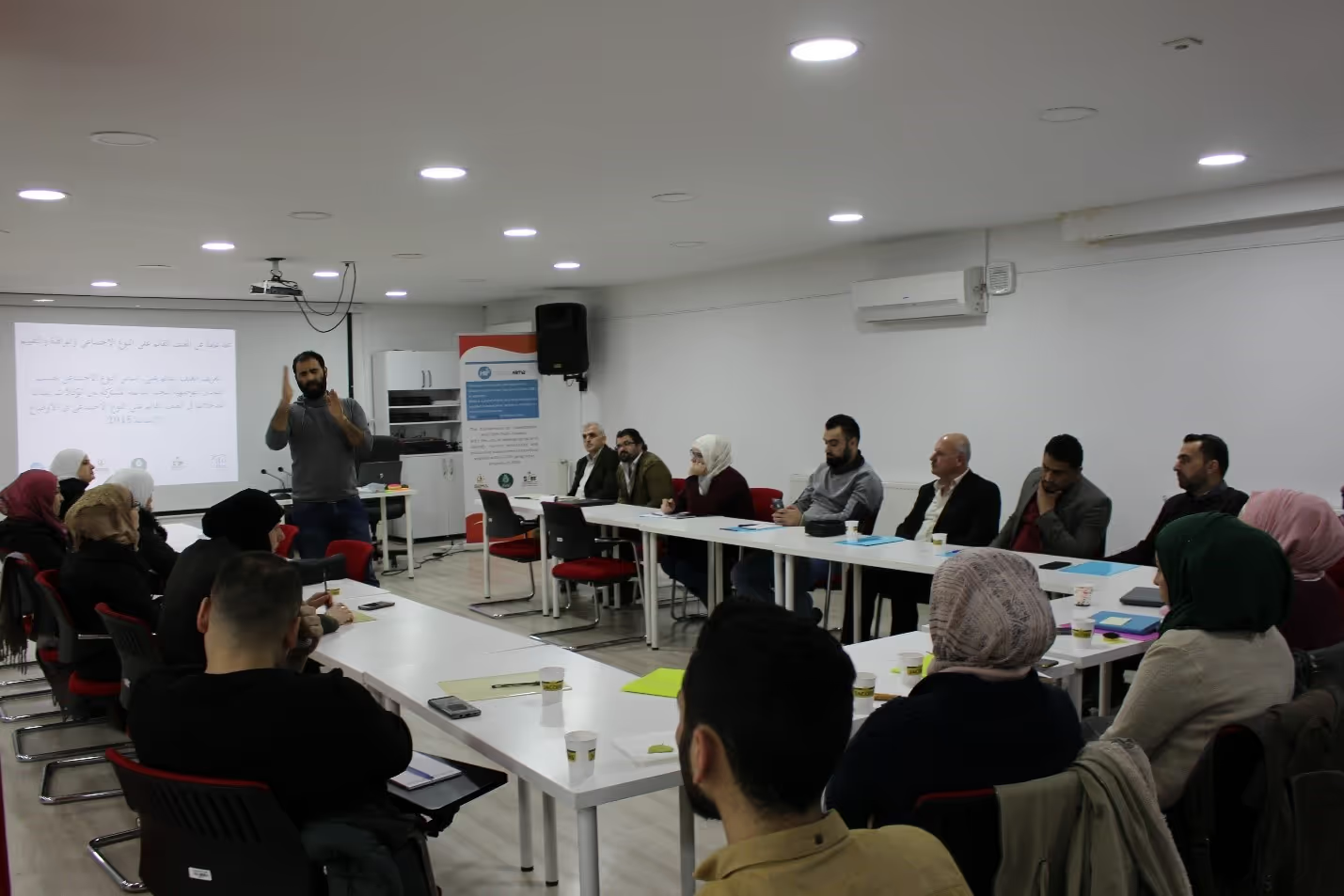How could impact be measured to inform the GBV programming process in North West Syria?
23
August
2019
Type
Grantee insights
Area of funding
Humanitarian Innovation
Focus areas
Scale
No items found.
Year
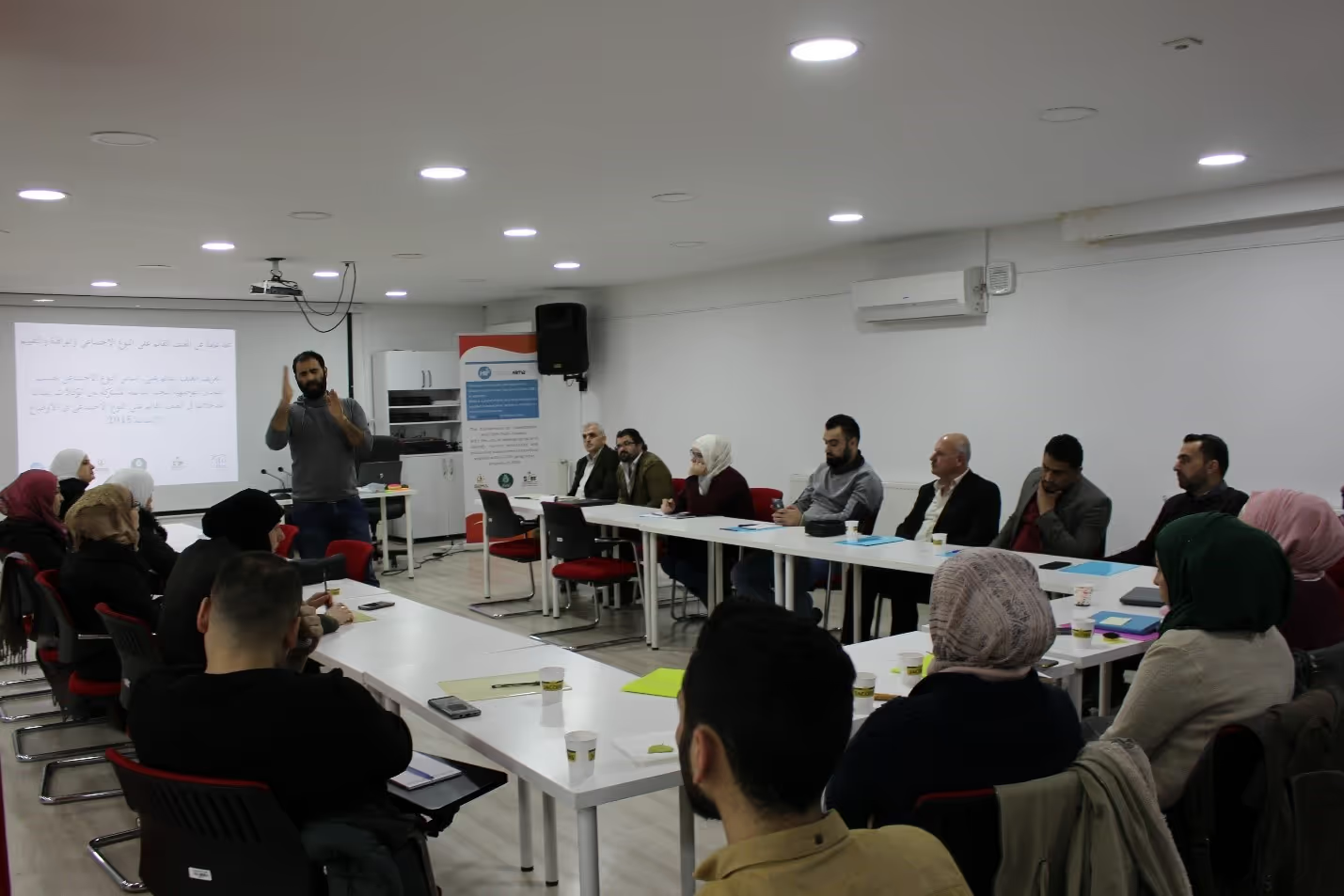
The North West Syria Context
In the light of protracted conflict in such a conservative society, and despite the increasing number of Gender-based Violence programmes being implemented, the suffering of children, women, and men in the affected communities continue to be exacerbated. The need to improve our GBV programming and the mechanisms, tools, and practices to monitor GBV programme impact, remains a dire priority for humanitarian workers.
Looking at the current context, we need to question:
Do our GBV M&;E tools or practices effectively measure the impact?
Can these tools be developed creatively to sufficiently meet the need?
Are there any ideas or initial attempts (individual or collective) that could be tested and successfully rolled out among implementers?
What are we doing about it?
To help provide answers, we as a consortium of three Syrian local NGOs (Syria Expatriate Medical Association (SEMA), Syria Bright Future, and Women Now for Development) launched this project with Elrha's Humanitarian Innovation Fund. Our goals are to collectively end up with:
- Wide-ranging identification of M&;E tools or practices being currently used in the Syrian context.
- Creative ideas or practices being suggested or used, that can be further developed, standardised and circulated among GBV sub-Cluster’s members.
Over 6 months, information is being collected systematically through surveys, focus group discussions, key informant interviews, and workshops targeting the humanitarian workers or practitioners working on GBV projects.
Through this work, we are proud to have been selected to lead in researching M&;E practices and opportunities for innovation by the UN GBV Sub-Cluster-Turkey Hub. We will facilitate positive participation and interaction of the NGOs taking part in these activities to ensure the best results. The cluster can build on the results of our research to standardise more creative tools or practices. They can then circulate these more broadly among its members - exactly what this project seeks to support.
Initial Findings
- Lack of communication between GBV technical and M&;E teams
Following the two-day workshop held in March, it was clear that there is a gap in the communication between GBV and M&;E technical teams. More needs to be done to communicate GBV principles and concepts to the monitoring and evaluation teams. A sentiment frankly expressed by many of the M&;E representatives at the workshop.
The GBV sub-cluster Co-lead attributed this lacking communication to two reasons:
- The confidentiality and restrictions on sharing the details of GBV activities.
- The lack of involvement of M&;E teams in the necessary training or induction meetings on GBV programmes.
2. Monitoring of long term GBV programming results and impact is lacking
It became clear to us that for the majority of NGOs interviewed, the outcomes and short-term results of GBV programmes are being monitored and evaluated. However monitoring of long-term results or impact of the programme is lacking. This pushed our team to further encourage the participants to brainstorm and devise innovative ideas that help together reach this goal.
The brainstorm resulted in both vital and applicable opportunities for innovation. For example we discussed using technology such as web platforms and social media channels, like WhatsApp to enable follow up with GBV survivors. These technologies could also be used to respond to any emergencies survivors may experience following the end of the project implementation. And they can track the relevant data, concerns, and any case changes or developments.
On the other hand, many ideas that seemed to be closer to reality and to the current needs were put forward. For example the development of standardised M&;E tools for GBV programmes, in the first place.
No items found.
Stay updated
Sign up for our newsletter to receive regular updates on resources, news, and insights like this. Don’t miss out on important information that can help you stay informed and engaged.
Related articles
all latest news
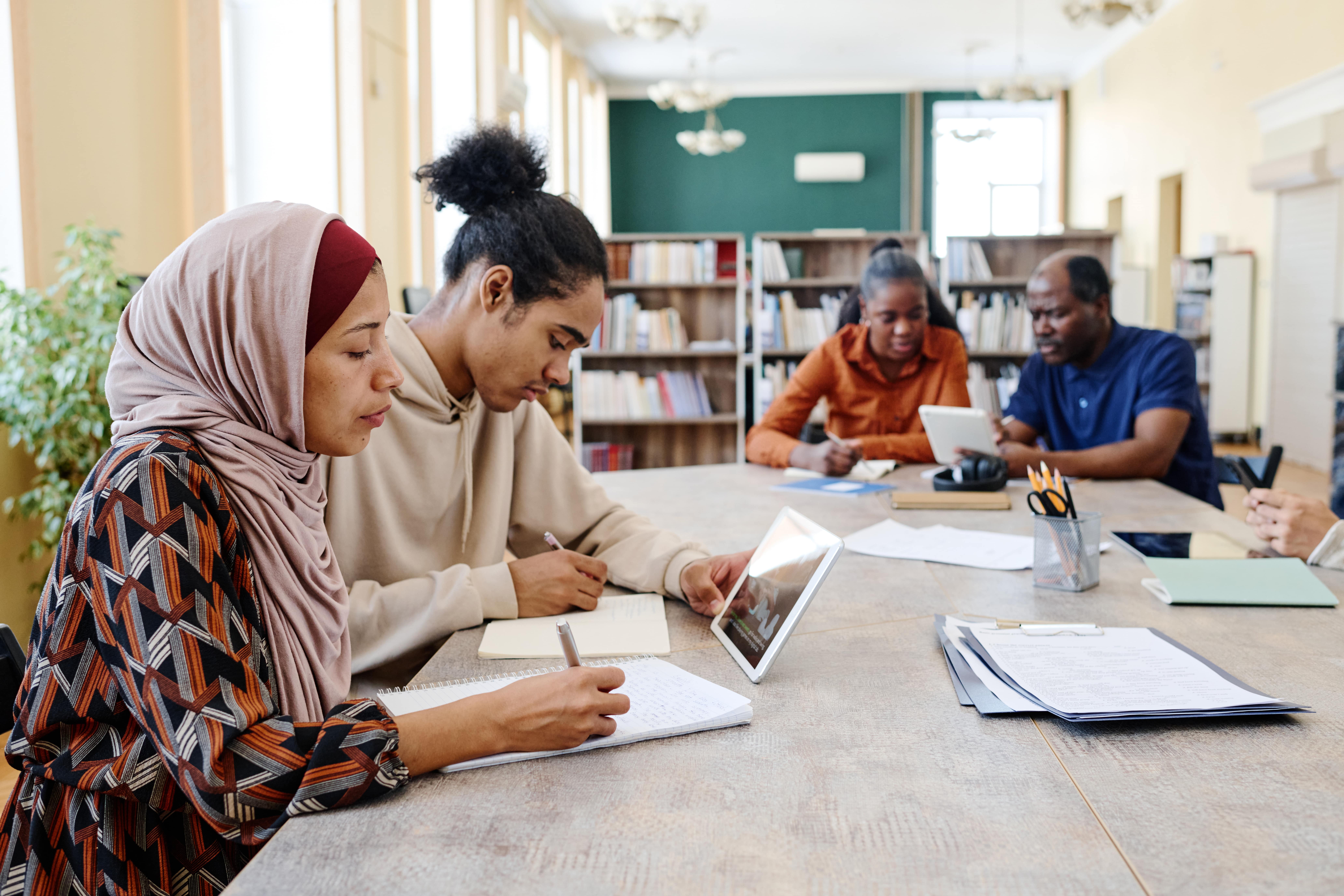
Elrha insights
Help, hazard or hype: reflections from our humanitarian AI learning journey
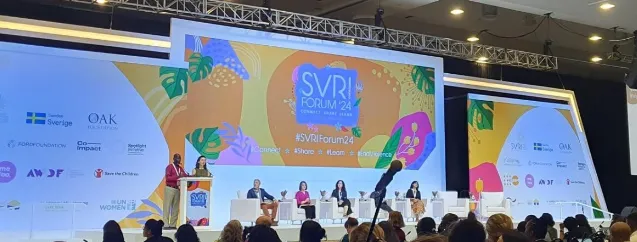
Elrha insights
Humanitarian innovations addressing gender-based violence are driving impact
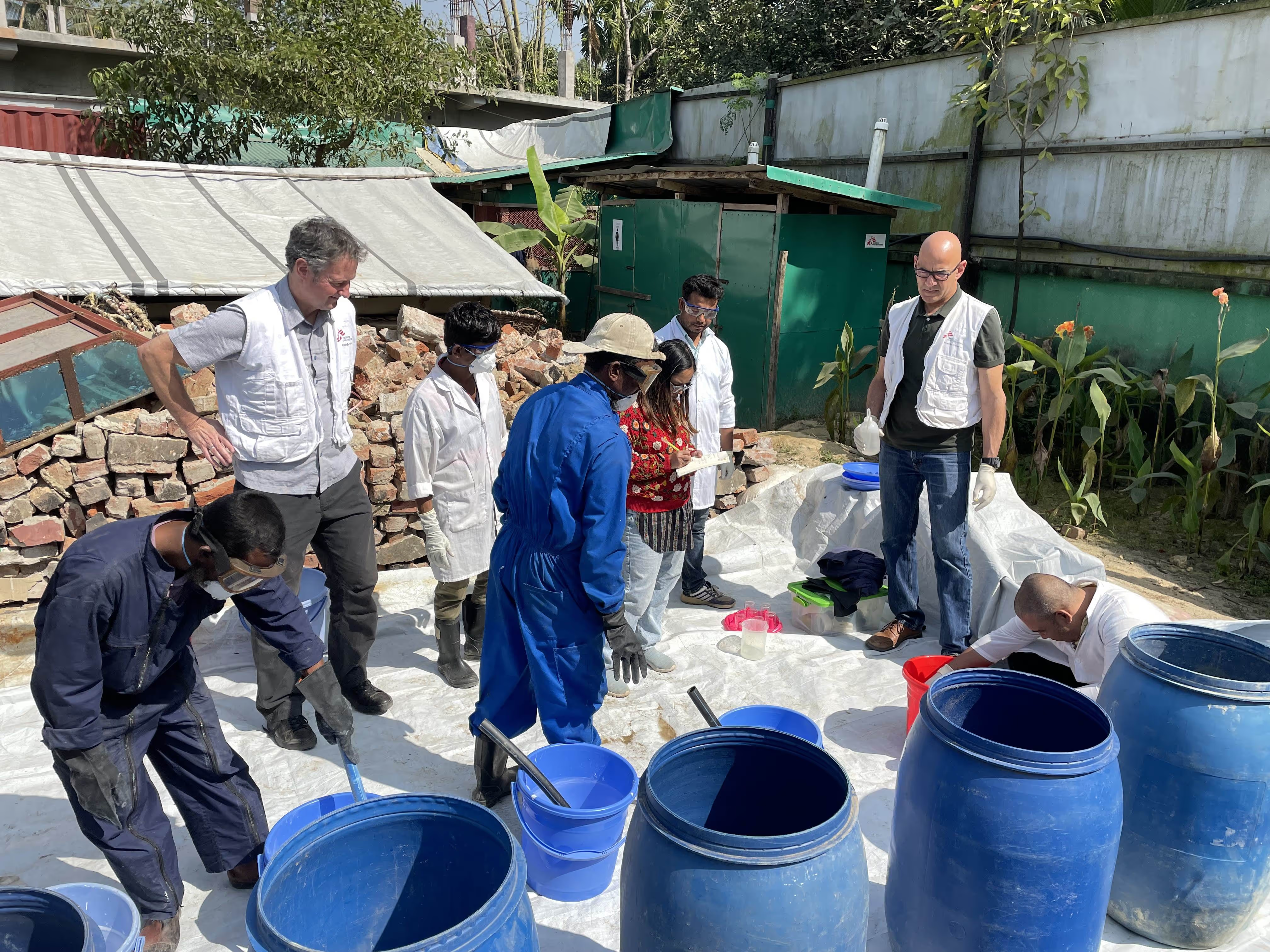
Elrha insights
Innovating for Impact: Tackling the sanitation crisis in humanitarian settings
Explore Elrha
Learn more about our mission, the organisations we support, and the resources we provide to drive research and innovation in humanitarian response.
